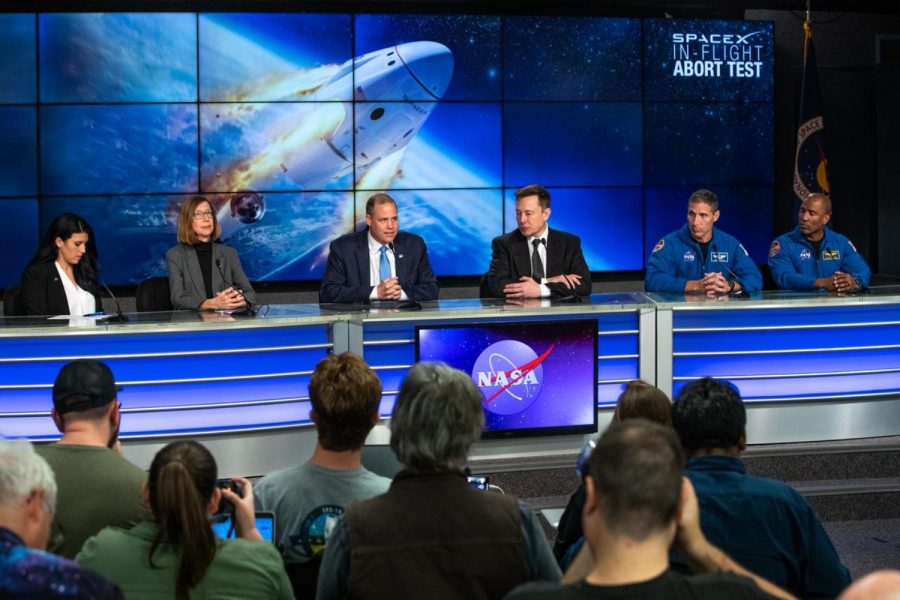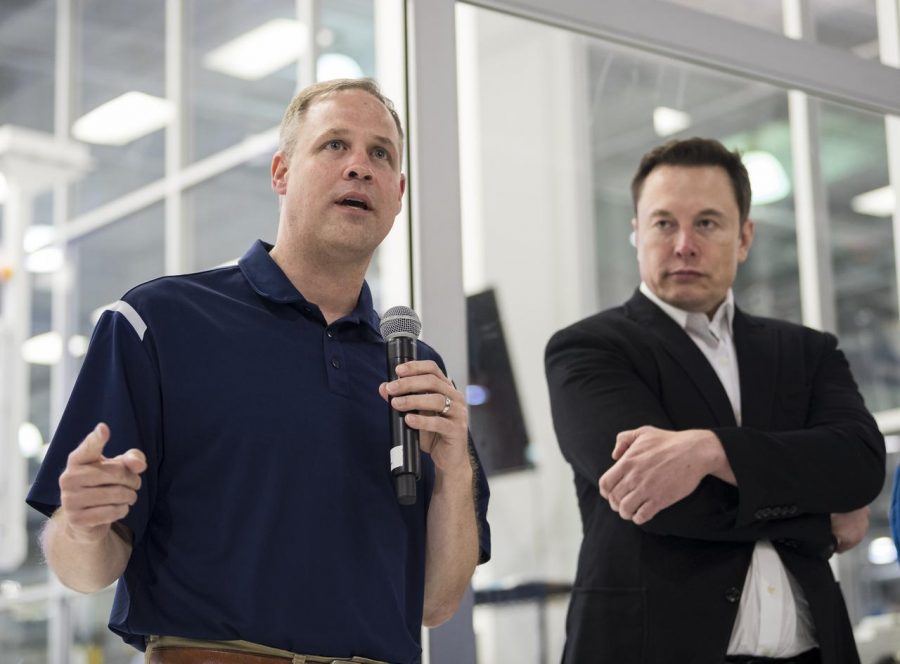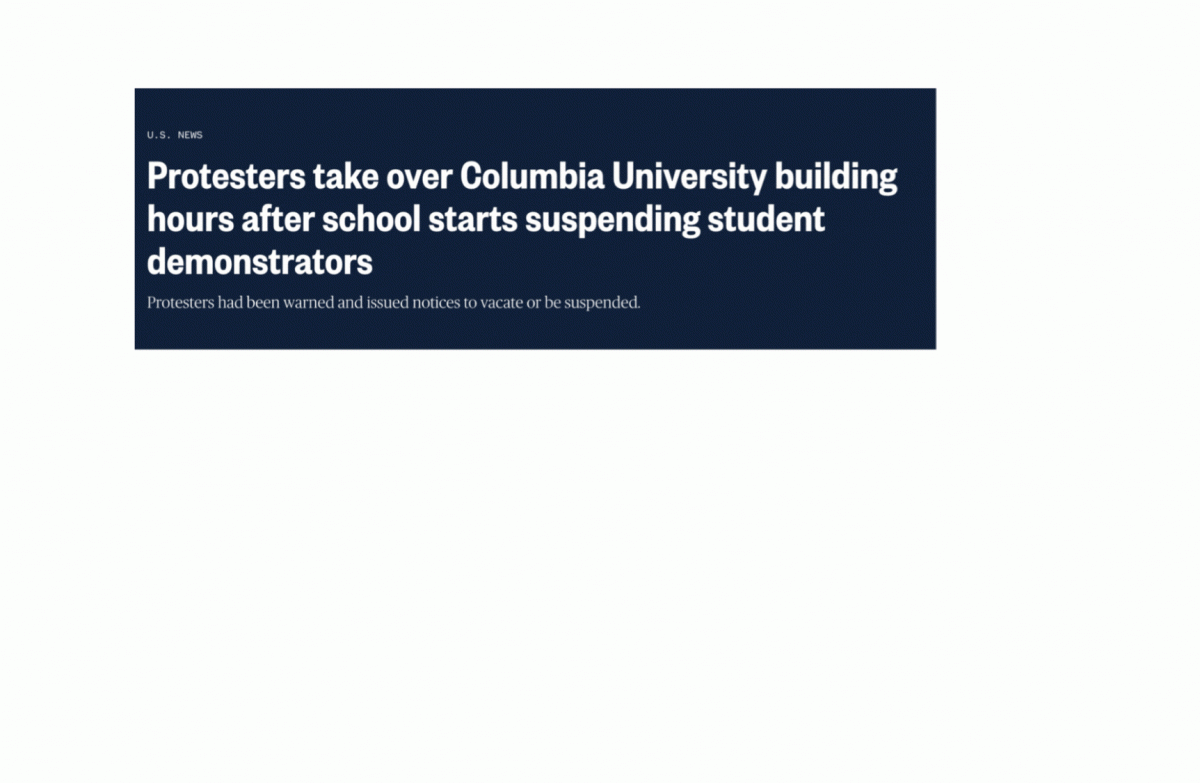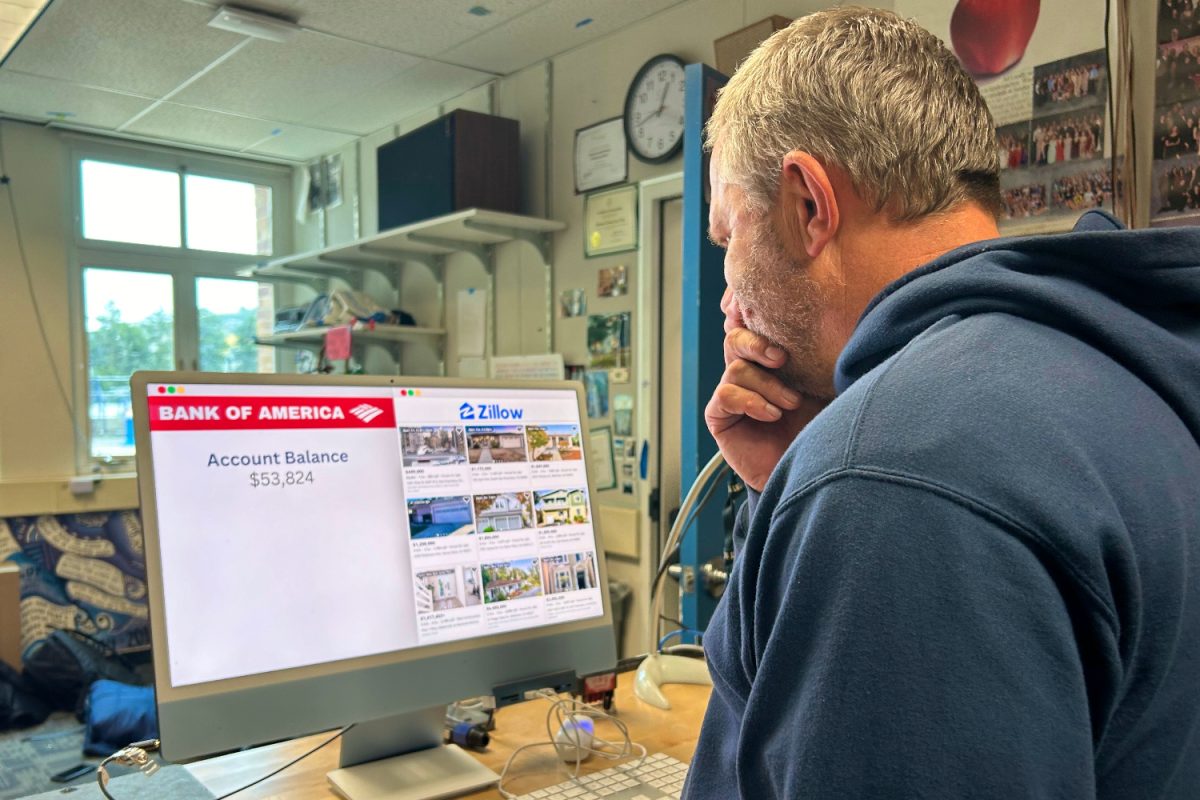The space industry has rapidly evolved over the past few decades, with the domination of economic giants proposing relations with NASA. The evolution of the industry proposes concerns for the environment given the current issues with global warming and climate change.
Since the 1990s, the control of the space exploration industry has gradually been transferred to private companies. This is also known as the privatization of the space industry.
With new plans and missions for the future of exploration, determination combined with competition is high as more and more new private companies fight for domination over the industry. The questionable incentives of notable private companies like Space-X and Blue Origin in entering the space field are being questioned by the general public after correlations have been formed between their projects and environmental concerns.
The context of privatization in the space industry is connected and founded through NASA’s history.
Up until the 1960s, NASA was fully funded by the government, with space flight and internal relations remaining in conjunction with the U.S Government. Suddenly, during the 1970s, NASA’s budget was contracted by the government as a result of NASA pouring resources into projects that the government didn’t regard as important as reaching the moon (which was the current goal of the U.S. Government). Congress and the American public alike were no longer captivated by NASA’s discoveries, and after losing popularity, their overall public funding was reduced.
While public expeditions lost funding, the private sector was slowly expanding. After the Columbia rocket disaster in 2003, NASA’s budget was limited to only 0.68% of the government’s total investments, around $20 billion. At the peak of NASA funding, during the Apollo Space Program in the early 1960s, the government spent $49.4 billion on the project, a far greater amount than the government is spending today.
In 2004, President George W. Bush passed the U.S. Space Exploration Policy, the U.S. government’s agreement to fund NASA in terms of rocket-building out of fear of heavily relying on Russia for transportation. This law was never put into full effect, and even today NASA still partially remains in partnership with Russia, using their Soyuz rocket as a means of transportation.
Blue Origin and SpaceX are the two most prominent companies in the space industry today, and needless to say, the most influential in the development of space exploration as a whole.
Space X was founded in 2002 by Tesla CEO and billionaire, Elon Musk. Musk’s first order of business in the industry was to build a large spacecraft specifically designed to transport passengers to and from Mars and the International Space Station (ISS).
With the success of Musk’s first rocket launch in 2008, he began to privately sell rockets to the U.S. government with a flat rate of $2.6 billion applied to six rocket launches. The price was relatively low for launching rockets, and this new number intrigued NASA. This deal secured Space-X the domination of 60% of the global commercial rocket market and a six-year contract with NASA putting Space-X ahead of other private companies.
NASA’s acceptance of this deal proclaimed their support for entering the new privatized space sector.
In a speech at the Kennedy Center in Florida, NASA’s recently retired administrator, Steve Jurczyk, said: “We’re going to do the research and the technology development and be the enablers for continuing to support the commercial space sector.”
Blue Origin, founded in 2000 by Jeff Bezos, was the first to secure a $500 million contract with the U.S. Air Force, supplying rockets for the army. Aside from a partnership with the air force, Bezos is working to alleviate some of the pollutants that are currently harming Earth’s environment.
We need to take all heavy industry, all polluting industry, and move it into space. And keep Earth as this beautiful gem of a planet that it is,” Bezos claimed in an interview with NBC News.
Like many, Bezos sees climate change as a significant issue and believes that his straightforward solution to reducing the effects of climate change would be beneficial.
President Biden agreed with Bezos, as the administration looks into teaming up with NASA and Bezos together through a separate contract.
According to The Hill, “developing a space industrial infrastructure will be the work of some decades. NASA’s commercial partners will compete to create a transportation network that will send people and tools into space.”
Industrial factories and mining sites are two of the most prolific polluting industries in the world, and therefore Biden and Bezos believe that removing them from Earth would positively impact global warming to some extent.
Aside from this plan, Blue Origin is directed towards pursuing interests in space travel, using large capsules to transport people to and from space. However, unlike Space-X, these capsules are specifically dedicated and designed for commercial purposes.
“While these entrepreneurs [Bezos] are starting to take private citizens [to space], the passengers so far have been, by and large, extremely wealthy. That’s raised questions about who is ultimately benefiting,” said Christian Davenport, author of “The Space Barons” and a reporter for The Washington Post.
By using a quick-fix approach to dealing with climate change, that being moving heavy industry to space, the wound is still open, and Earth is still left in distress.
“The carbon footprint of launching into space with [Bezos’s rockets] is incredibly high, close to about 100 times higher than if you took a long-haul flight. It’s incredibly problematic if we want to be environmentally conscious and consider our carbon footprint,” said Eloise Marais, a physical geography professor at the University College London, in an interview with Vox Magazine.
Bezos has claimed that liquid hydrogen and oxygen, two possible greenhouse gases, fuel Blue Origin rockets and are supposedly less damaging to the environment.
According to Aeroqual: “a common air pollutant is nitrogen dioxide [a combination of nitrogen and oxygen].”
Nitrogen and oxygen make up liquid hydrogen, meaning that Blue Origin is in fact contributing to greenhouse gas emissions. While most people know about climate change and the general causes of it, the effect the space industry has on global emissions is largely unexplored.
As the space industry monetizes, resources that would be dedicated to solving issues on Earth are instead being utilized for space exploration as greater emphasis is placed on the industry without the spread of knowledge describing how such can be detrimental to the environment.
Amazon, Bezos’s original company that sells products either through retailers or their own branding, produces over 456 million pounds of plastic each year.
According to the Plastic Pollution Coalition, “91% of that [plastic] is likely to end up polluting nature, in landfills, or incinerate, with much of it having been sent “away” from North America and Europe to countries in the Global South.
Not only is Amazon contributing to land pollution, but sea pollution as well.
A report by Oceana showed that Amazon “was responsible for adding more than 22 million pounds of plastic pollution to the world’s oceans.”
Musk announced his plans in January of this year to openly drill close to a Texas launchpad in search of natural gases used to power up SpaceX’s rockets, and in particular, its Starship model. According to the American Association for the Advancement of Science, methane emissions happen throughout the drilling production.
The American Association for the Advancement of Science said that “[methane emissions happen throughout] drilling production.”
As methane is used as a source of energy for rockets, it can combine with liquid oxygen releasing high amounts of carbon dioxide into the surrounding atmosphere. With carbon emissions proposing a serious threat to the environment, Musk’s rocket would contribute to the issue.
The specific Space-X site in Texas, near the Boca Chica, located in the Lower Rio Grande Valley, is home to numerous wildlife including shorebirds and sea turtles.
State legislators of the U.S. Government passed a bill in 2013 allowing Space-X to use Boca Chica as their testing site, and close down Texas Highway 4 when necessary. Debris from the rocket tests has been harming the wildlife ever since, and without proper protection in place, could permanently damage the environment.
As the industry continues to expand, Bezos is attempting to make amends with the environment.
According to CNBC, in a speech at the United Nations, Bezos said that humanity needs to “stand together to protect our world.”
He explains the 11 billion tons of carbon dioxide emissions currently being absorbed by forests and the dangers that it proposes to the green environment. He also pledges $10 billion to fight climate change, $1 billion going to conservation efforts already.
From an average person’s perspective, it seems like Bezos is finally standing up for climate change, however, his work in the space industry begs to differ.
Student voices demonstrate differing opinions on the climate change issue in correspondence with the privatization of the space industry.
“I feel like it will get to a point where the ultra-rich have to give something to fix the planet, and they’ll feel a responsibility,” said Prithvi Dixit, a sophomore at Carlmont.
However, Kaitlin Chow, a freshman, and climate activist has a differing opinion.
“If [Bezos] cares about his integrity and the planet, he should be making many efforts to pollute less, especially with him having such a large sum of wealth. As climate change becomes worse, the issue seems to be handed to each generation; I believe that the plans for space will make resolving climate change much more difficult and prolonged, as all of that money should go into fixing climate change instead of space,” Chow said. “We should focus on helping our planet before exploring others.”























